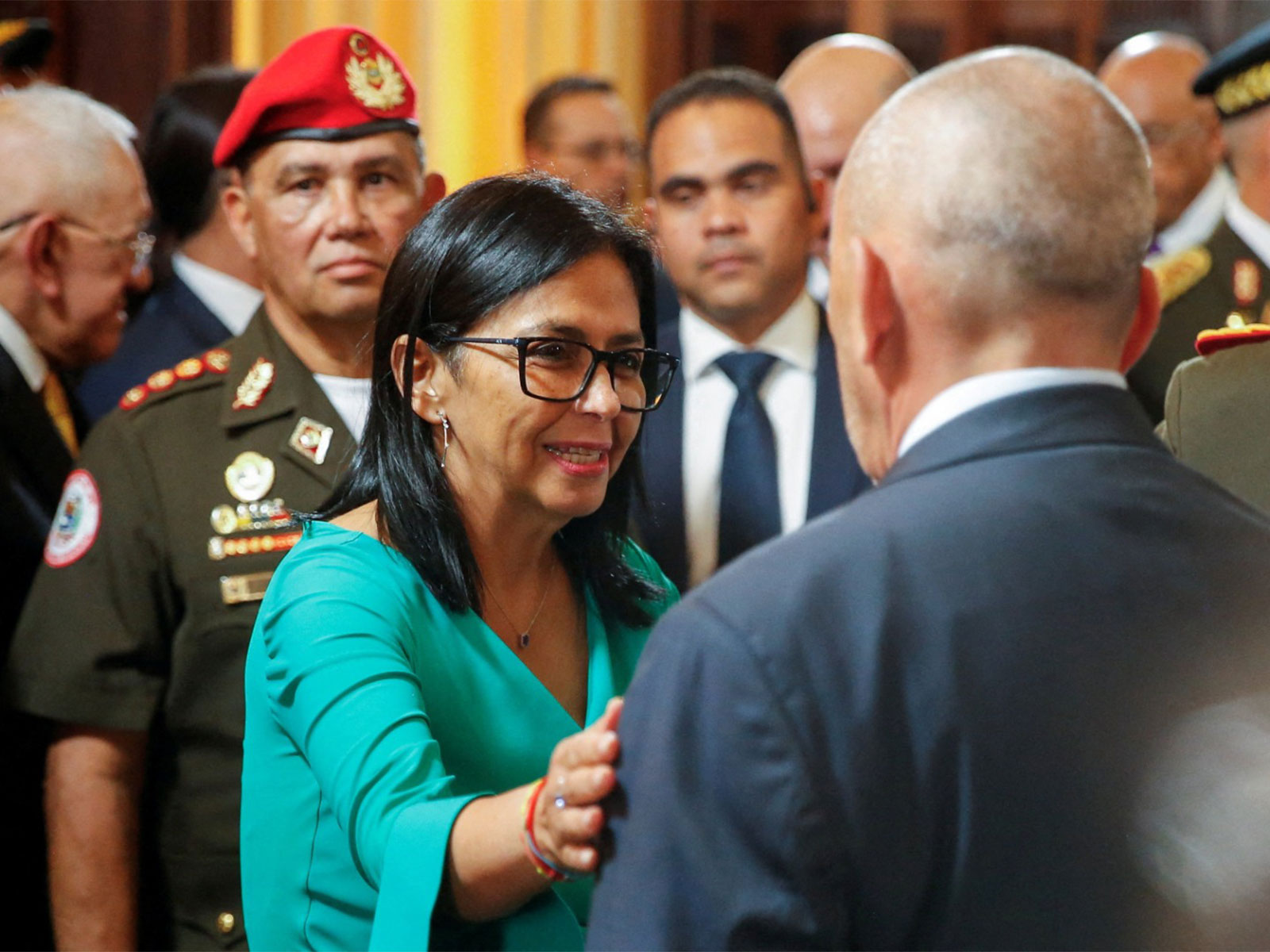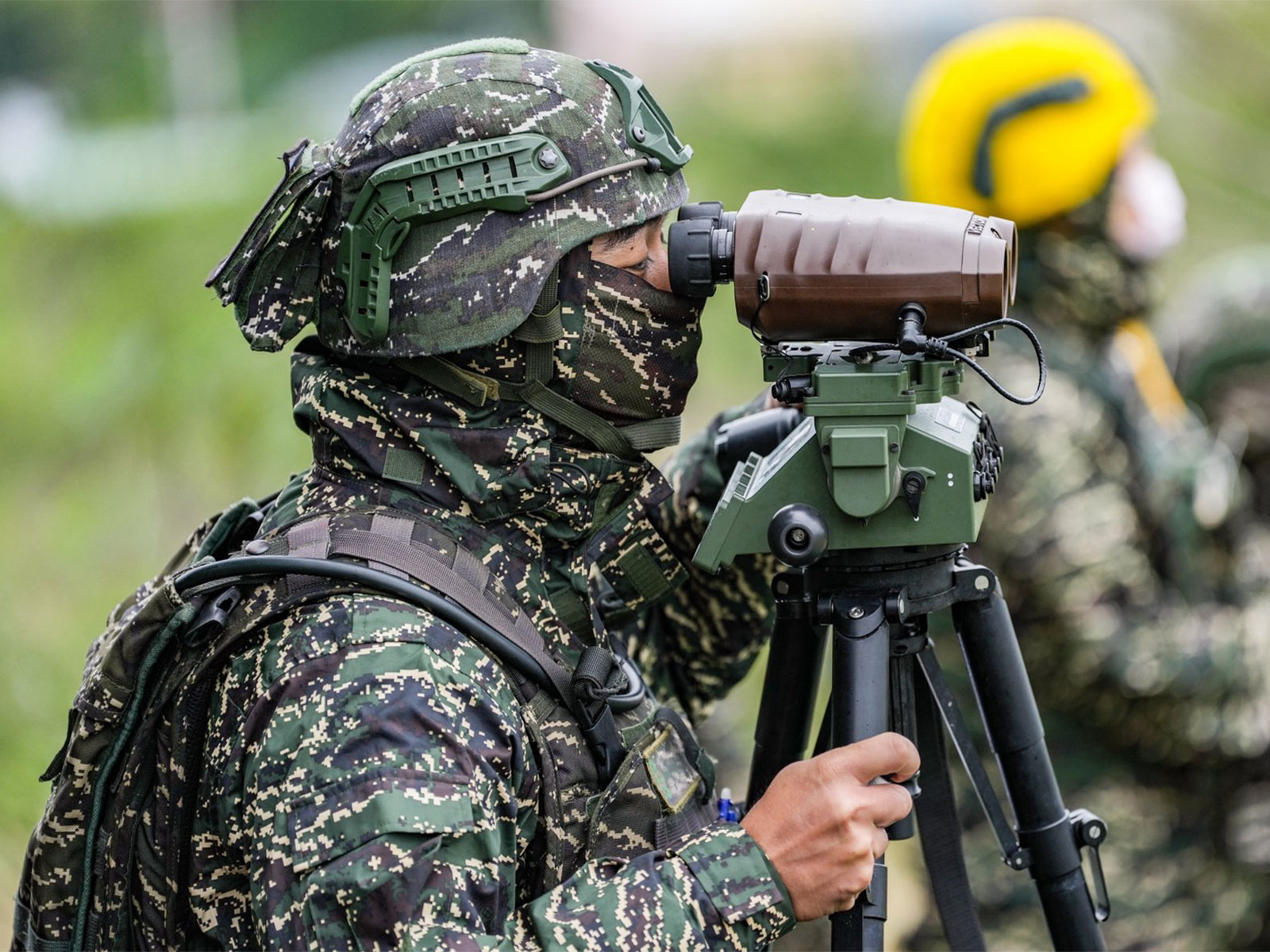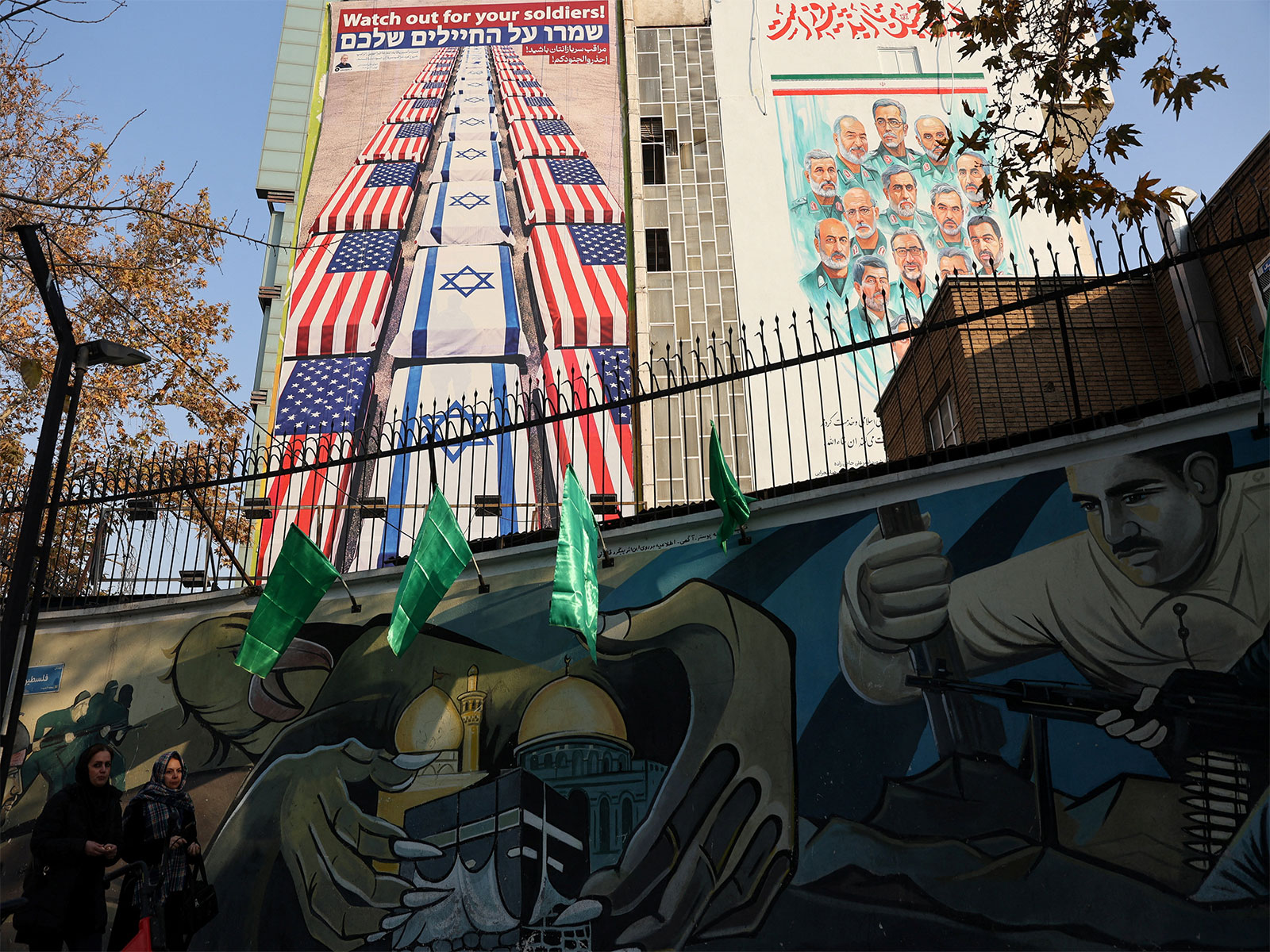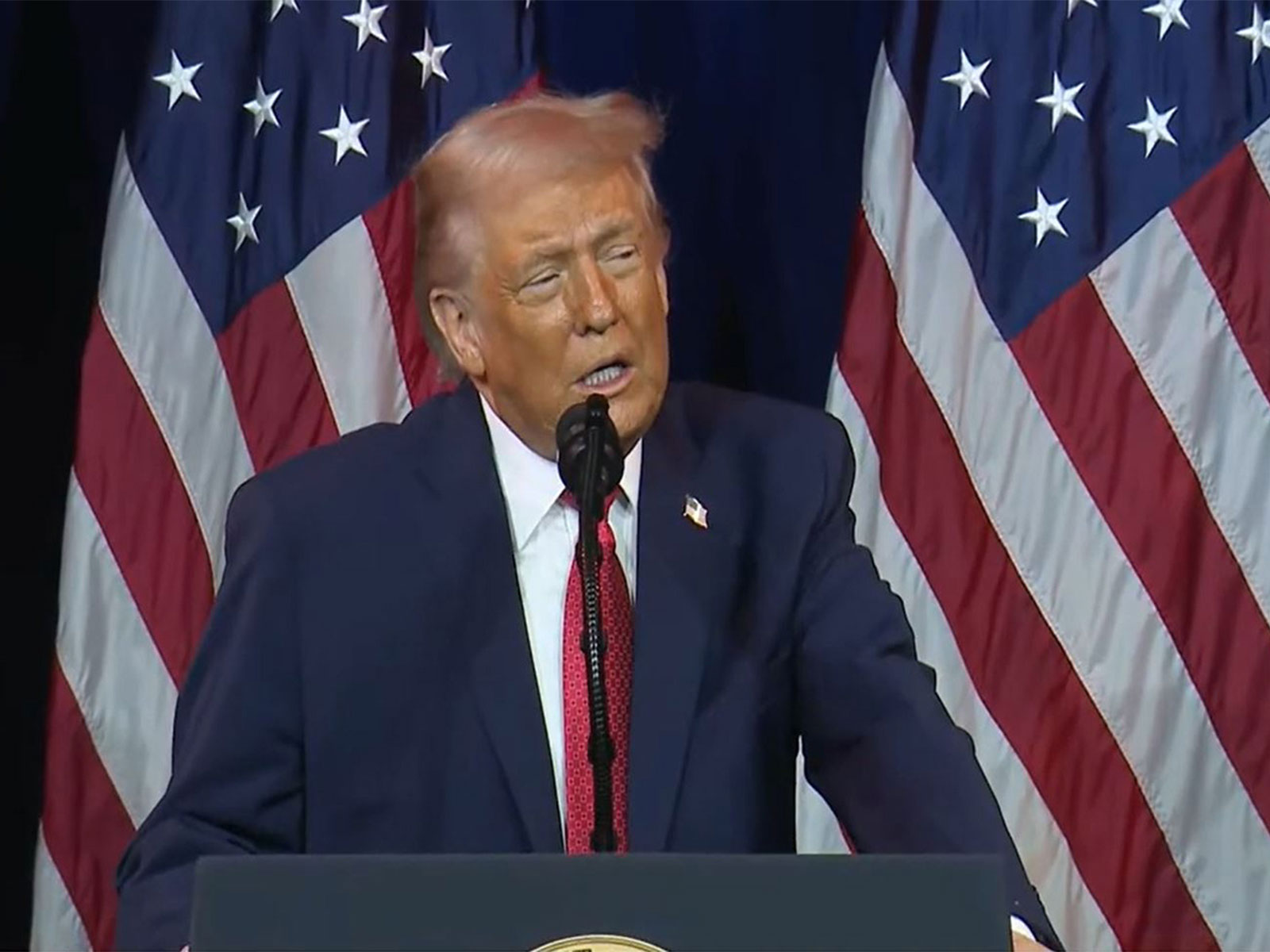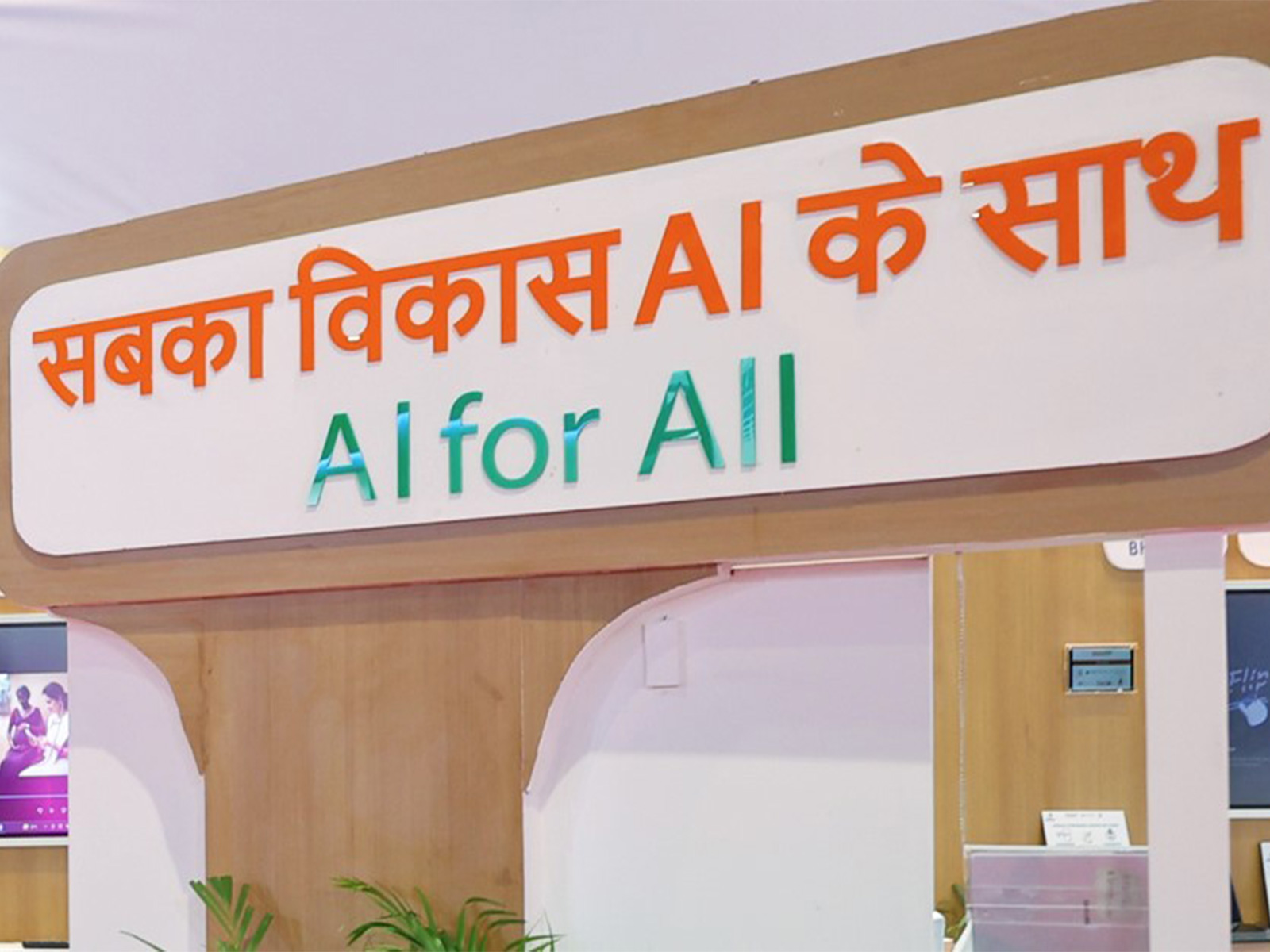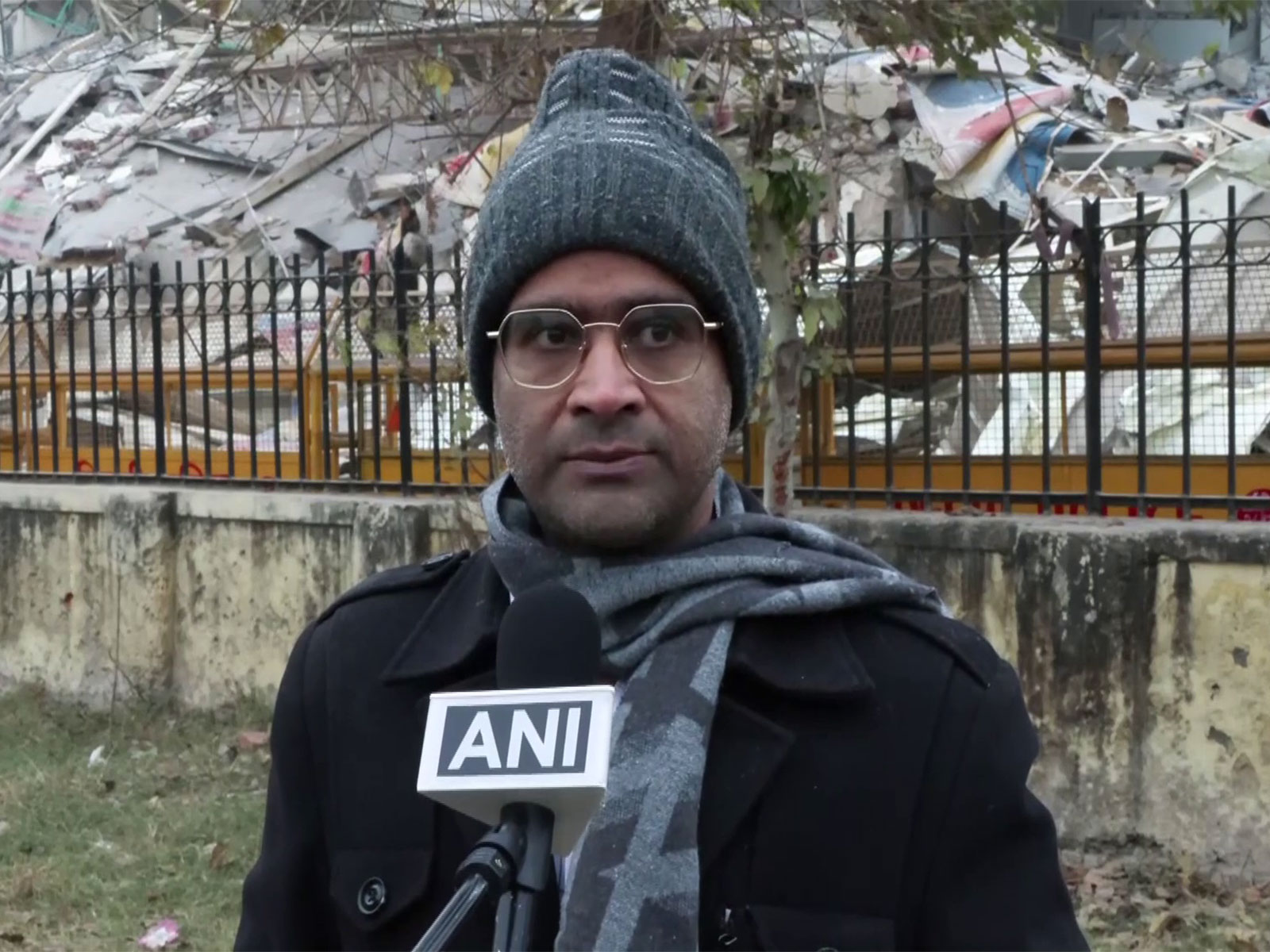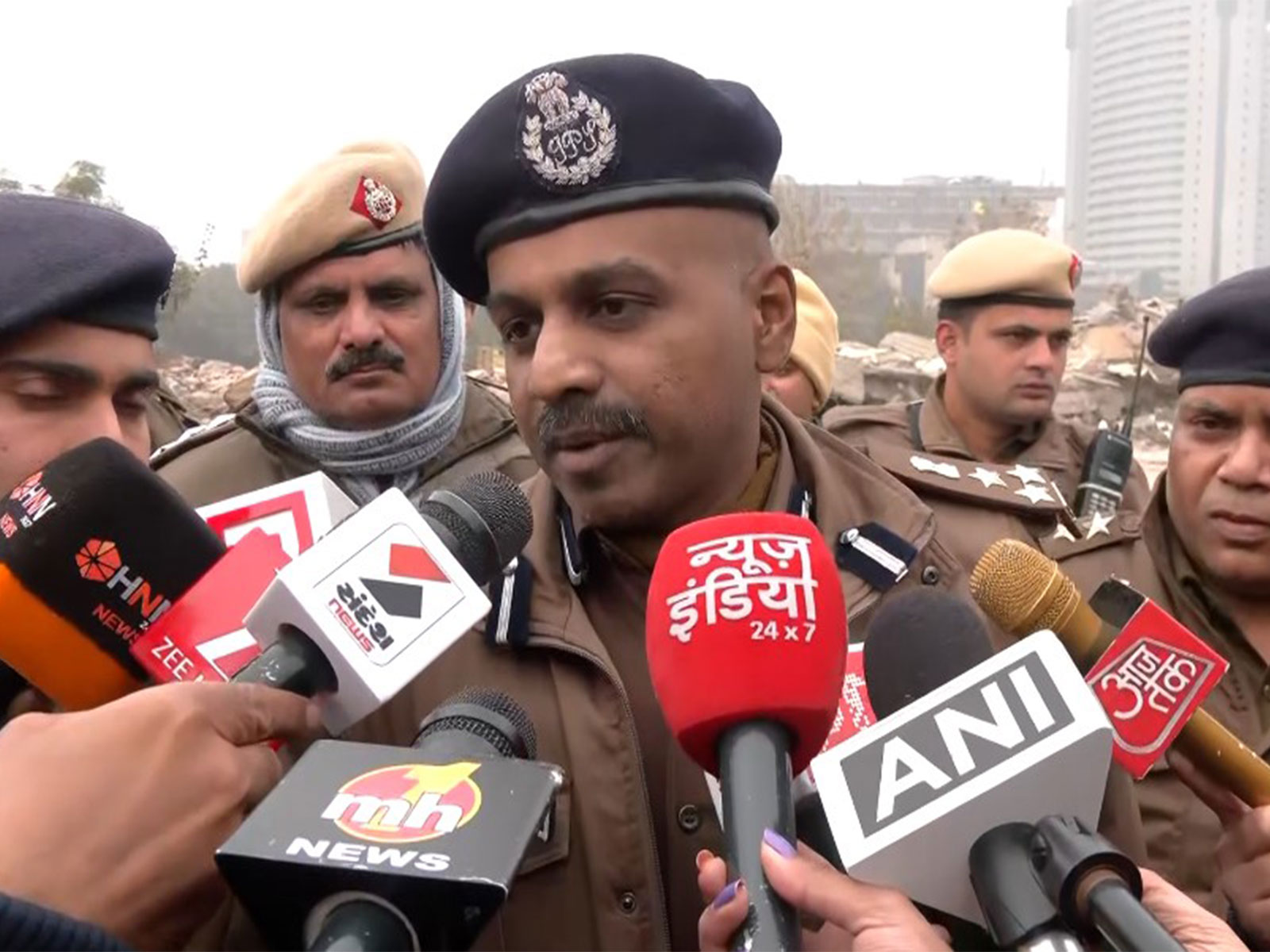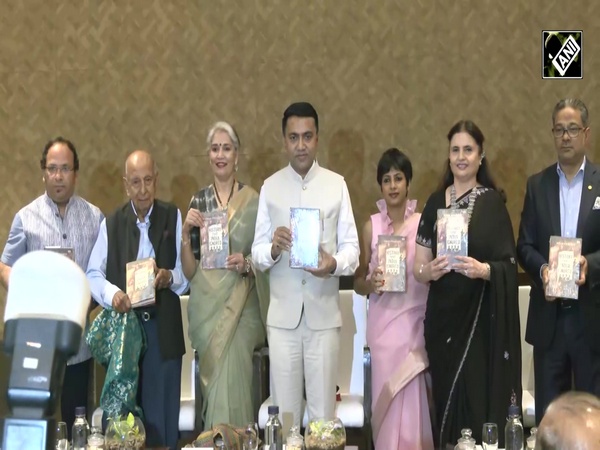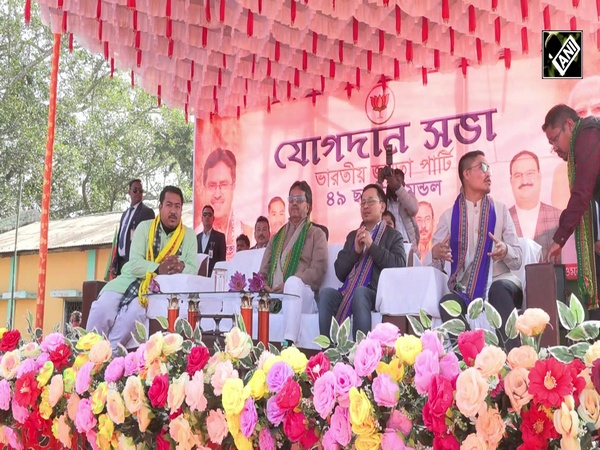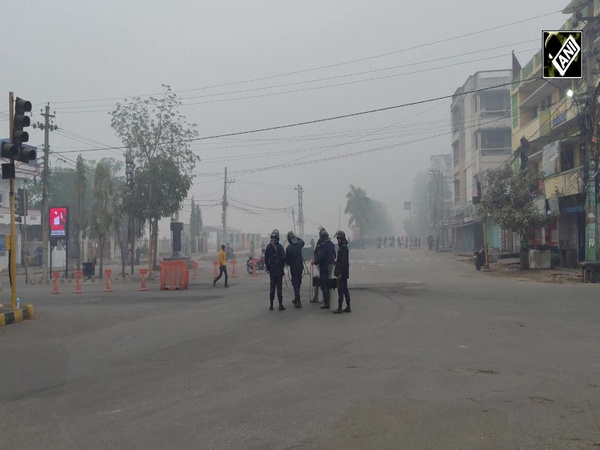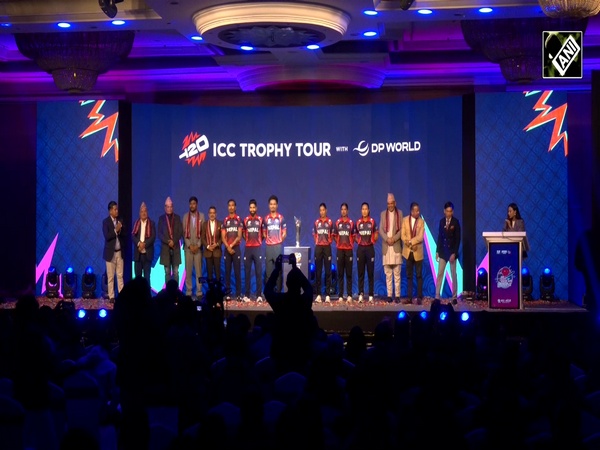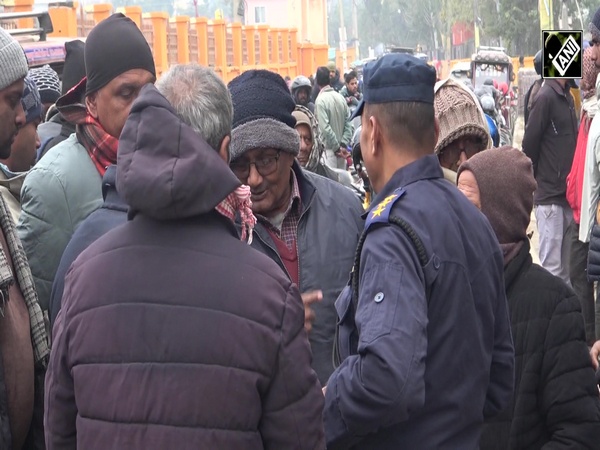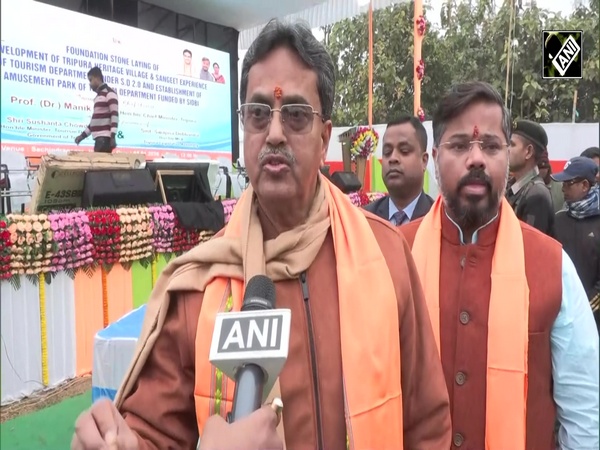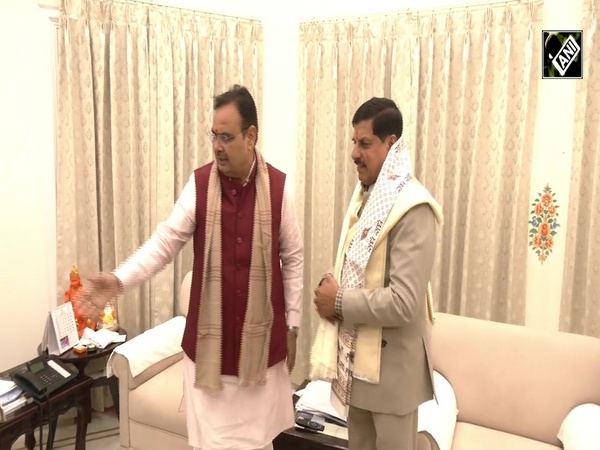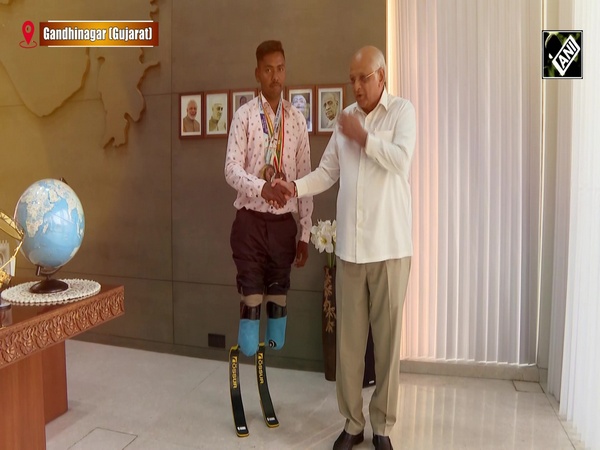Hopes of region, world focused on rapid deployment of COVID-19 vaccines: PM Modi
Feb 18, 2021

New Delhi [India], February 18 : Noting that the spirit of collaboration is a valuable takeaway from COVID-19 pandemic, Prime Minister Narendra Modi on Thursday said hopes of the region and the world are focused on rapid deployment of vaccines and there is need to maintain "the same cooperative and collaborative spirit".
Addressing a workshop on 'COVID-19 Management: Experience, Good Practices and Way Forward' with 10 neighbouring countries, the Prime Minister said If the 21st century is to be the 'Asian century', it cannot be without greater integration among the countries of South Asia and the Indian Ocean island countries.
He suggested creating a regional platform for collating, compiling and studying data about the "effectiveness of COVID-19 vaccines among our populations" and a regional network for promoting technology-assisted epidemiology, for preventing future pandemics.
Representatives from countries including Afghanistan, Bangladesh, Bhutan, India, Maldives, Mauritius, Nepal, Pakistan, Seychelles and Sri Lanka attended the workshop.
"This spirit of collaboration is a valuable take-away from this pandemic. Through our openness and determination, we have managed to achieve one of the lowest fatality rates in the world. This deserves to be applauded. Today, the hopes of our region and the world are focused on rapid deployment of vaccines. In this too, we must maintain the same cooperative and collaborative spirit," he said.
He made four suggestions to increase health cooperation in the region including the creation of special visa scheme for doctors and nurses so that they can travel quickly during health emergencies.
He also suggested a regional air ambulance agreement between the countries in the region.
"Can we consider creating a special visa scheme for our doctors and nurses, so that they can travel quickly within our region during health emergencies, on the request of the receiving country? Can our Civil Aviation ministries coordinate a regional Air Ambulance agreement for medical contingencies?" he asked.
"Can we create a regional platform for collating, compiling and studying data about the effectiveness of COVID-19 vaccines among our populations? Can we similarly create a regional network for promoting technology-assisted epidemiology, for preventing future pandemics?" he added.
The Prime Minister suggested sharing successful public health policies and schemes and said Ayushman Bharat and Jan Arogya schemes may be useful case-studies for our friends in the region.
"Beyond COVID-19, can we also share our successful public health policies and schemes? From India, our Ayushman Bharat and Jan Arogya schemes may be useful case-studies for our friends in the region. Such collaboration can become the pathway for greater regional cooperation among us in other areas too."
He said countries of the region share so many common challenges - climate change, natural disasters, poverty, illiteracy, and social and gender imbalances.
"But we also share the power of centuries-old cultural and people-to-people linkages. If we focus on all that unites us, our region can overcome not only the present pandemic but our other challenges too," he said.
The Prime Minister said when COVID-19 hit the world last year, "many experts voiced special concern about our densely populated region".
"But, from the very beginning, we all met this challenge with a coordinated response. In March last year, we were the first to come together for recognizing the threat and committing to fight it together. Many other regions and groups followed our early example," he said.
"We created the COVID-19 Emergency Response Fund to meet the immediate costs of fighting the pandemic. We shared our resources - medicines, PPE, and testing equipment. And, above all, we shared the most valuable commodity - knowledge-through collaborative training of our health workers," he added.
The Prime Minister said the countries shared experiences and learned from each other's best practices in testing, infection control and medical waste management.
"Through webinars, online courses and IT portals, we developed our own best practices based on what worked best for us. Each one of us contributed immensely to this pooling of knowledge and experience," he said.
"If the 21st Century is to be the Asian Century, it cannot be without greater integration among the countries of South Asia and the Indian Ocean island countries. The spirit of regional solidarity that you have shown during the pandemic has proven that such integration is possible," he added.
